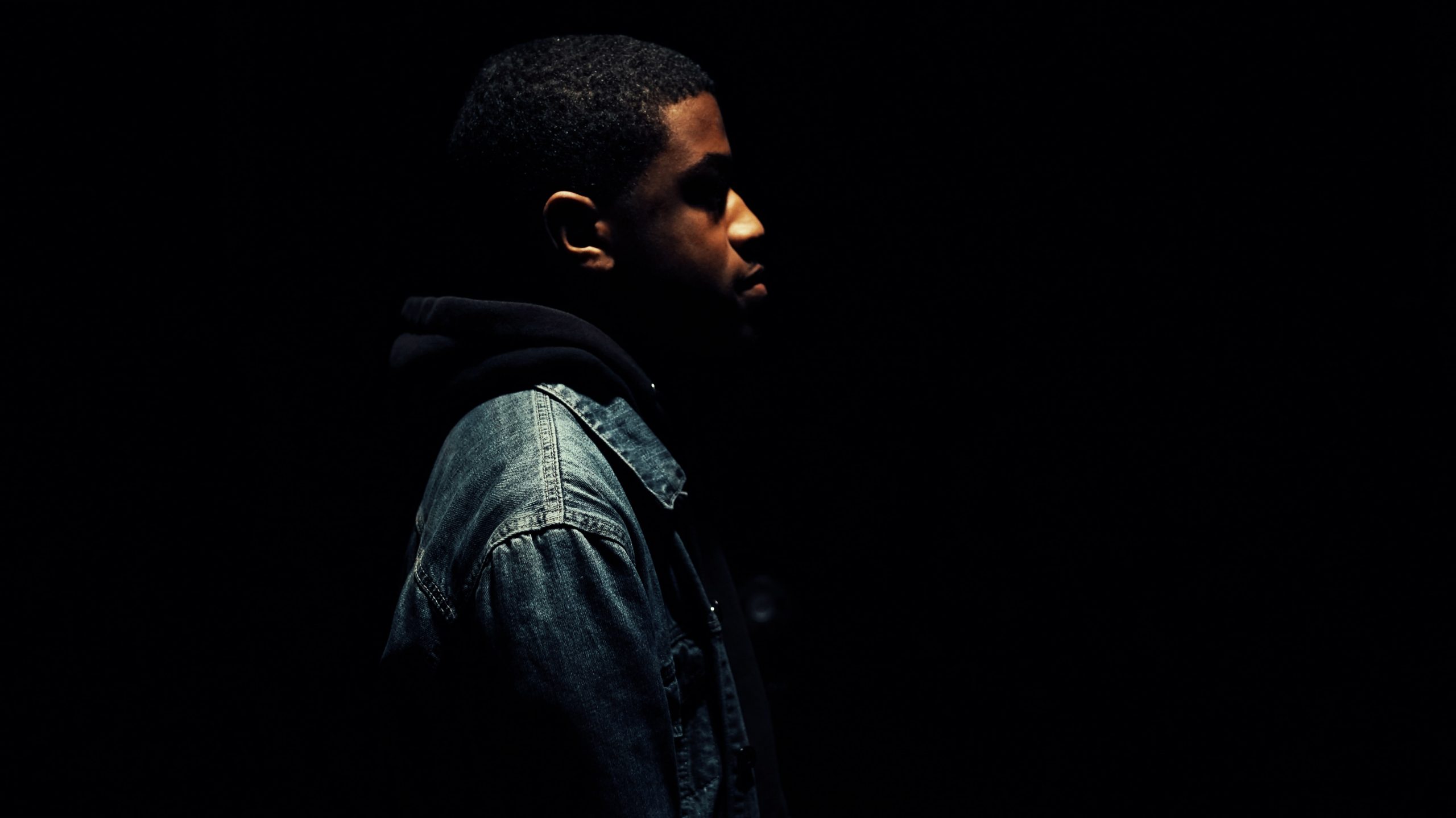Over the last few years, my heart, emotions, and mind have been fragile. I’ve experienced different types of mental breakdowns. I’ve tried to keep myself occupied by getting involved more with things I’m passionate about – using them as a facade to avoid showing any sign of weakness. I’ve tried to remain strong and keep my head up. However, I’ve come to realize that sometimes trying to cover up instead of healing is not always the right move. I also realized that I was so concerned about the lives I want to impact through all the different activities I get myself involved with that I forgot to impact my own life with positivity and good mental healthcare.
If there’s one thing I know about myself, it is the fact that I don’t get involved with something that doesn’t matter to me or I haven’t experienced. From my quest of standing against Rape and Domestic Violence to Children’s Rights and Equal Education, and now Mental Health, – I have had personal experiences with them all.
A few months ago, I decided to vent some of the mental health issues I have been facing with one or two close friends. As I did that, I realized that even my friends have been going through so much they couldn’t handle, and like me, they were trying to cover up, hide. or ignore the sensitivity of things happening around them instead of seeking a healing process. We began having more conversations around mental health and therapy, realizing how many other young people out there were experiencing pain and having suicidal thoughts. With my little knowledge, I started looking up articles and reading more about mental health and how it impacts society generally. Based on some of the readings I came across, I began to realize that many fragile young people are battling mental health issues. The worst part is most of us are not even aware of what’s happening in our heads. We are not aware that it’s okay to have depression or anxiety issues, but it’s not okay to accept it as a way of life. What is also not okay is having zero ideas about what you’re experiencing. The only way to solve a problem is to first know and understand what the problem is.
As I took a deep interest in mental health, I soon realized that, unlike other issues like SGBV, Corruption, etc., Mental Health is not really spoken about – except maybe when someone dies as a result of a prolonged mental illness. Cognizant of the fact that all of the previously mentioned topics are major societal issues, I strongly believe we need to do the same for mental health conversations, as we did for others, in order to be more aware and sensitive to the signs. Being an Anti Rape and Domestic Violence Advocate, I’m fully aware that there’s so much more to be done in order to solve these issues in Liberia. However, 5-10 years ago, people in Liberia did not want to even accept that rape was an issue that was tearing our society apart. As a result of the tireless effort of devoted and strong people, the conversation around Rape and Domestic Violence has widened. As such, we need to increase the conversation around Mental Health to attain similar results. We can’t wait until situations worsen before we start to seek help. In my line of work, I’ve come in contact with survivors of Rape and Domestic Violence; it might surprise you to know that one of the major threats they face post victimization is Mental Health illnesses. They begin to fight the battle of PTSD (Post Traumatic Stress Disorder), Depression, Anxiety, Bipolarity, etc.
A report from 2016 found that there are over 400,000 people in Liberia experiencing different forms of mental illness and the number could increase over years if much is not being done.
I never actually processed these figures in my head until I sat in my room filled with deep emotions. On September 4, 2021, I and a team of young people hosted a mental health retreat at Blue Lake in Bomi county. There, for the first time, I sat back and listened to other young people’s stories firsthand. It was then I realized that I wasn’t the only one with so much baggage to carry. I listened to people talk about some of the worst moments or periods in their lives and I was moved to tears. Actually, almost the entire room broke into tears. That moment was remarkable and felt fulfilling, then I realized a few things:
- You may not agree with me, but many people in Liberia have untold stories of pain, agony, and disappointments buried beneath their welcoming smiles.
- Most people who seem to have it all figured out, may be the ones still searching for meaning and purpose for living.
- The happiest people in a room may be the most troubled individuals yearning for safe spaces to express their hurts.
- Mental health is important and paying attention to yours should not be taken lightly.
Indeed, it’s a sad truth that we live in a part of the world where success and the daily goals of life can be simply defined as “struggle.” Everything is a struggle: we struggle to eat, to sleep, to love or be loved, to communicate, to trust, to go to school, even to make political decisions. If this should be our way of life, then why are we having mental health issues? That’s because it’s not the right way to live. As a child, I knew for sure that I literally walked myself through depression, and insomnia (even as an adult, I still experience insomnia). Don’t get me wrong, I am in no way saying these things don’t happen in other countries but I believe the difference between us and others is they consider it a problem and therefore find mental health solutions when experiencing them.
My point is, in Africa, I think we perceive the color black as “suffering”, so we normalize what shouldn’t be on the grounds that our fathers’ fathers experienced them and didn’t die. But when you even think about it, how sure are we that they didn’t die of mental illnesses and no one knew or accepted the signs? Mental illness and hardship are not the things we should normalize.
Let’s normalize support groups meetings, let’s normalize just hearing people out, let’s normalize mental health solutions like therapy, medication, etc., let’s normalize good dieting, let’s normalize identifying early signs and being of help – not waiting for worst-case scenarios, let’s normalize respecting people’s privacy, let’s also normalize not saying anything rather than lies that will bring people down, let’s normalize less social media bullying and dramas, let’s normalize treating our work subordinates with respect and dignity, let’s normalize parents listening more to their children – realizing their opinions matter.
If we can normalize these things, our society will be less harmful and have more healthy minds. Remember, having a health-minded society leads to higher productivity which will have a trickle-down effect on developmental agenda items and reduce crime rates.
Over the last 5 years, the Government of Liberia has had an interest in increasing the workforce in the mental healthcare delivery sector through partnerships with different organizations. In 2016, a 5-year Mental Health Strategy was developed in partnership with The Carter Center, and just last week, a 5-year strategic plan was developed to continue efforts to improve mental care services in Liberia. I hope more can be done to spread awareness on safe spaces where people can be informed on ways to deal with mental health conditions and break the stigma. If you are struggling with a mental issue or want to know more about Liberian mental health care and services, I’d advise you to look up MentalCare Liberia and E. S. Grant Mental Health Hospital; they have useful information that could come in handy.
Mental Crisis Helpline: (+231) 077-587-7777.
Authored by: Aaron Ireland


This is a powerful piece; and way insightful! Have a read people, and thank me later.